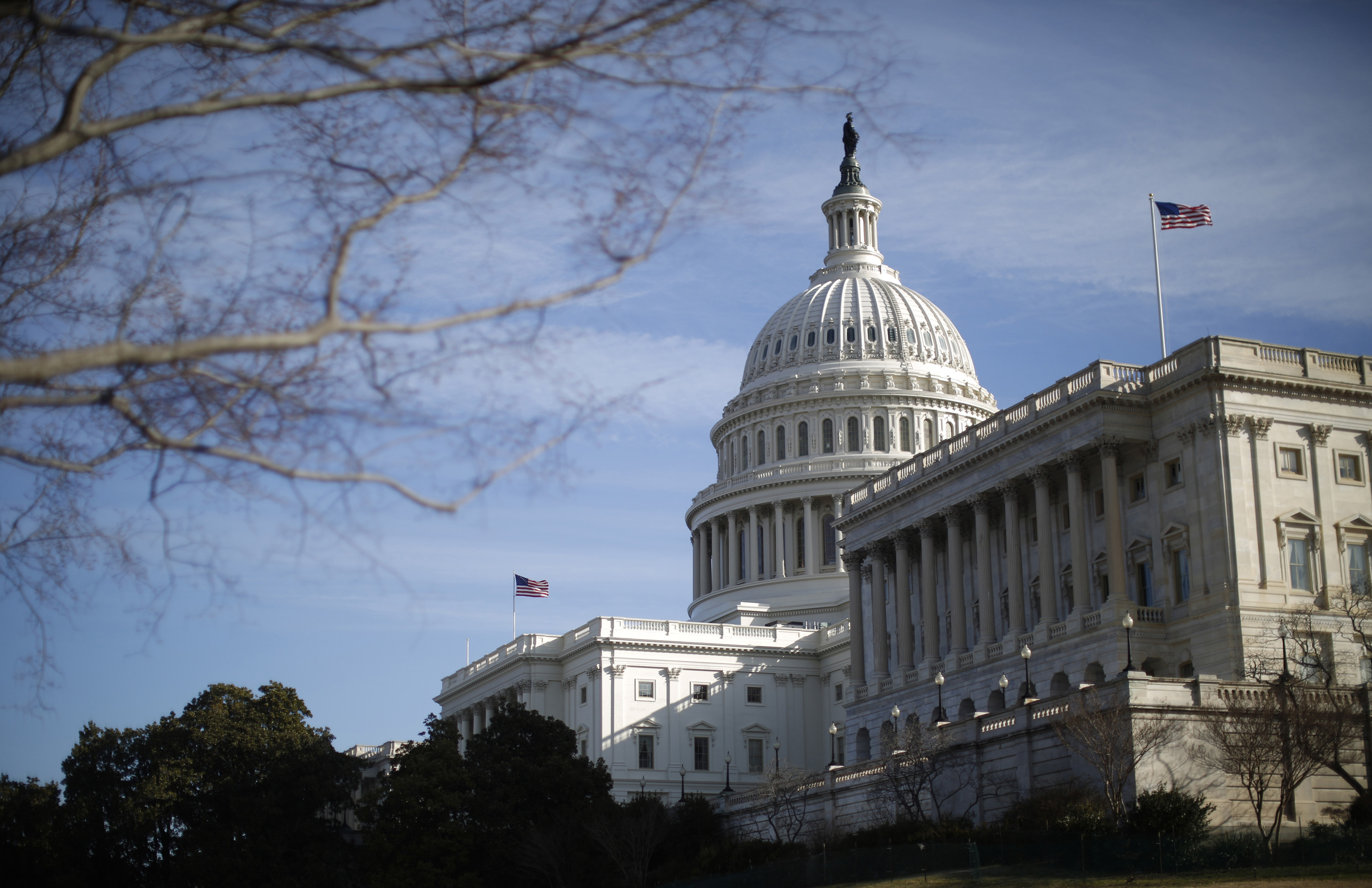How Winter Weather Affects School Schedules: A Comprehensive Guide

Table of Contents
Understanding School Closure Decisions
School closures and delays are never taken lightly. Understanding the process behind these decisions is crucial for parents and students.
The Role of Local School Districts
Local school districts hold the primary responsibility for determining whether to close schools, delay openings, or implement early dismissals. This autonomy is essential because weather conditions can vary drastically even within a short distance. Many factors influence their decisions, including:
- Road conditions: Icy roads, heavy snowfall, and poor visibility are major concerns for student and staff safety.
- Bus routes accessibility: Impassable roads can render bus routes unusable, leaving many students stranded.
- Wind chill factor: Extremely low temperatures, coupled with wind, can pose serious health risks.
- Accumulated snowfall: Significant snowfall can make walking to school dangerous and delay snow removal efforts.
- Ice formation: Black ice, invisible and treacherous, is a significant safety hazard.
- Staff safety: Ensuring the safe arrival and departure of school staff is a top priority.
- Student safety: The safety and well-being of students are paramount in all decisions.
School districts typically communicate closures and delays through multiple channels: their websites, email alerts, dedicated mobile apps, and local news outlets. Staying informed about these channels is crucial.
The Impact of Severe Weather Warnings
Severe weather warnings issued by the National Weather Service (or equivalent in your region) heavily influence school decisions. These warnings signal a significant threat:
- Winter Storm Warning: Indicates heavy snow, sleet, or freezing rain is expected.
- Blizzard Warning: Signifies sustained high winds and heavy snow reducing visibility to near zero.
- Ice Storm Warning: Warns of significant ice accumulation, causing power outages and hazardous travel conditions.
A watch indicates conditions are favorable for the development of severe weather, while a warning means the severe weather is imminent or occurring. Warnings almost always result in school closures or delays.
Types of School Schedule Disruptions
Winter weather can disrupt school schedules in several ways.
School Closures
Full school closures mean no classes are held for the entire day. This leads to:
- Make-up days: Schools often need to add extra days to the academic calendar to make up for lost instructional time.
- Remote learning options: Some schools utilize online learning platforms to continue education during closures.
- Childcare solutions: Parents must find alternative childcare arrangements during closures.
- Missed instruction time: Extended closures can significantly impact the learning process.
Delayed Openings
Delayed openings mean school starts later than usual. This causes:
- Transportation challenges: Buses operate on adjusted schedules, potentially leading to delays for students.
- Impact on after-school activities: Delayed openings can disrupt after-school programs and activities.
- Adjusting schedules for working parents: Parents need to adjust their work schedules to accommodate the later start time.
Early Dismissals
Early dismissals occur when weather conditions worsen during the school day or pose an increased safety risk.
- Transportation arrangements: Parents need to ensure transportation is available for early pick-up.
- Communication to parents: Schools provide timely communication to inform parents of early dismissals.
- Potential for afternoon activity cancellations: After-school activities are often cancelled due to early dismissals.
Preparing for Winter Weather and School Disruptions
Proactive preparation is key to mitigating the impact of winter weather on school schedules.
Staying Informed
Regularly monitoring weather forecasts and school communication channels is vital:
- Reliable weather sources: Utilize reputable sources like the National Weather Service or local news channels.
- Signing up for school alerts: Register for email or text alerts from your child's school.
- Checking school websites regularly: School websites often post updates on closures and delays.
Developing a Contingency Plan
Families should create a plan to handle school closures and delays:
- Emergency childcare contacts: Identify reliable backup childcare options.
- Alternative transportation options: Have alternative transportation plans if school buses are unavailable.
- Preparing for remote learning: Ensure students have the necessary technology and resources for online learning.
Understanding School Policies
Review your school district's policies regarding inclement weather. Knowing their procedures for closures, delays, and communication will help you better prepare.
Conclusion
Winter weather significantly impacts school schedules, requiring careful consideration from school districts and proactive preparation from families. Understanding how school districts make closure decisions, the different types of schedule disruptions, and how to stay informed are crucial for managing winter weather school disruptions. Proactively prepare for potential winter weather school delays, school closings due to winter weather, and other disruptions by monitoring forecasts and establishing effective communication channels with your children's schools. By understanding how winter weather affects school schedules, you can better navigate these challenging situations and ensure your children's safety and education are prioritized.

Featured Posts
-
 Zivot Gina Marie Schumacher Kceri Michaela Schumachera
May 20, 2025
Zivot Gina Marie Schumacher Kceri Michaela Schumachera
May 20, 2025 -
 Section 230s Applicability Questioned In E Bay Banned Chemical Listings Case
May 20, 2025
Section 230s Applicability Questioned In E Bay Banned Chemical Listings Case
May 20, 2025 -
 Championship Top Spot Leeds Rise Fueled By Tottenham Loanee
May 20, 2025
Championship Top Spot Leeds Rise Fueled By Tottenham Loanee
May 20, 2025 -
 Understanding Ftv Lives A Hell Of A Run Narrative
May 20, 2025
Understanding Ftv Lives A Hell Of A Run Narrative
May 20, 2025 -
 Blue Origins Rocket Launch Cancelled A Subsystem Malfunction
May 20, 2025
Blue Origins Rocket Launch Cancelled A Subsystem Malfunction
May 20, 2025
